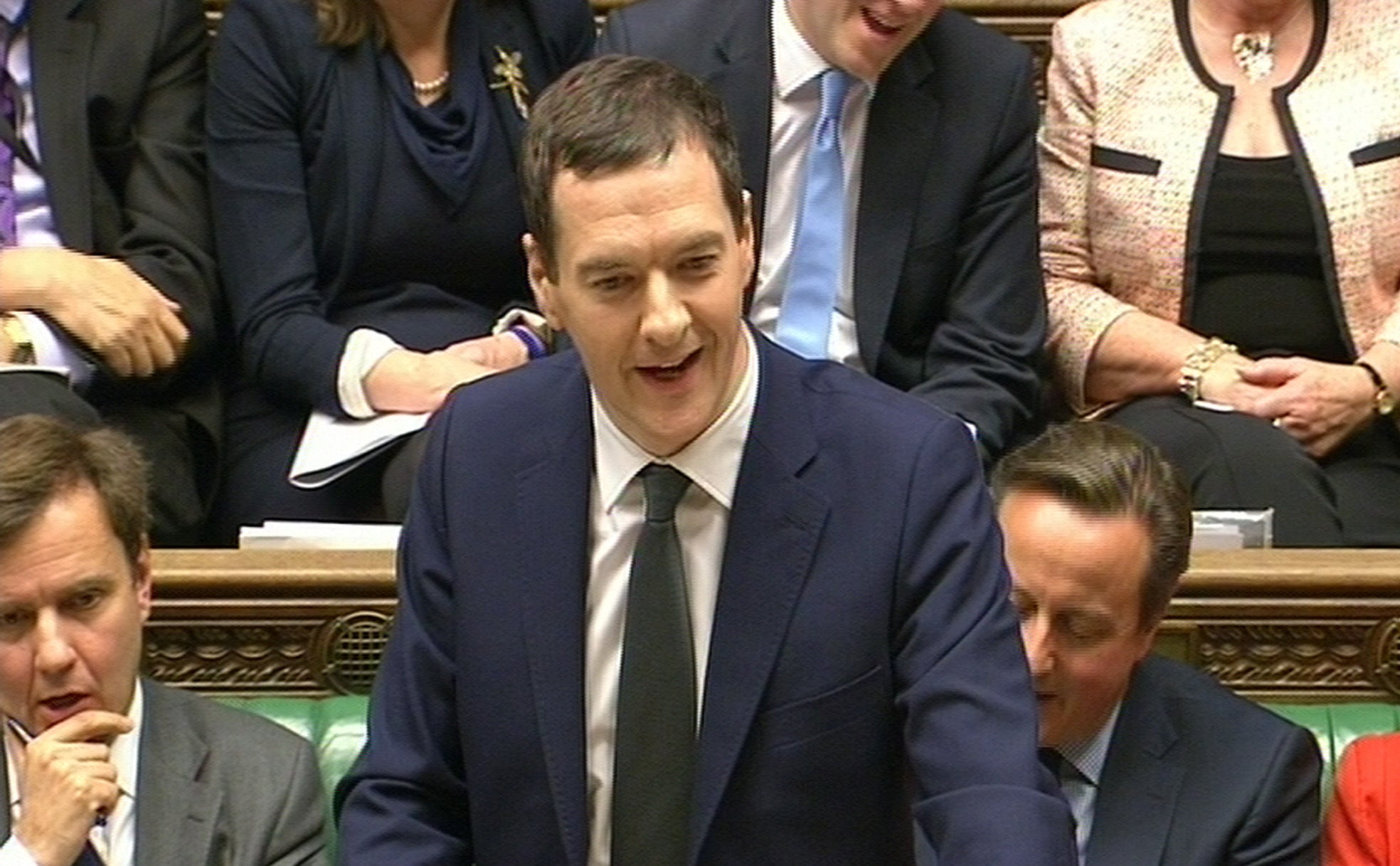Spending Review and Autumn Statement as it happened: George Osborne backtracks on tax credit cuts
Osborne could also look beyond savings and try to make money from privatising Government assets

Your support helps us to tell the story
From reproductive rights to climate change to Big Tech, The Independent is on the ground when the story is developing. Whether it's investigating the financials of Elon Musk's pro-Trump PAC or producing our latest documentary, 'The A Word', which shines a light on the American women fighting for reproductive rights, we know how important it is to parse out the facts from the messaging.
At such a critical moment in US history, we need reporters on the ground. Your donation allows us to keep sending journalists to speak to both sides of the story.
The Independent is trusted by Americans across the entire political spectrum. And unlike many other quality news outlets, we choose not to lock Americans out of our reporting and analysis with paywalls. We believe quality journalism should be available to everyone, paid for by those who can afford it.
Your support makes all the difference.Here are the latest updates:
- George Osborne's speech in full
- George Osborne U-turn on tax credit cuts
- Spending Review: From the NHS to the environment, here's what to expect
- Spending Review and Autumn Statement: what is it and why does it matter?
- George Osborne's big problems in three charts
- Autumn statement: five ways George Osborne could U-turn on tax credit cuts
- Student nurse bursaries could be axed by George Osborne in spending review
- George Osborne to promise 400,000 new homes by 2020
George Osborne is to set out his plans for spending taxpayers money in the Autumn Statement and the Spending Review at 12.30 on November 25 in a speech to the House of Commons. The annoucements will be available to live stream on the Treasury website.
After the furore that followed his promise of cuts to tax credits, Osborne is expected to make a u-turn. He could look to raise the National Minimum Wage to offset the cuts, raise personal income tax allowance, scrap the cuts altogether or make cuts to other benefits, like workers benefits, instead.
But he's going to have to make severe cuts from other services to meet his aim of £20 billion in savings. So-called 'frontline' health services like hospitals are protected, but other services, like nursing, could see budgets squeezed. Education spending for the under 16s is safe, but colleges could be hit. While anti-terror spending should see a 30 per cent increase, other police services could be hit.
Osborne could also look beyond savings and try to make money from privatising Government assets, Channel 4, the Met Office, Ordinance Survey and even the Royal Mint.
Join our commenting forum
Join thought-provoking conversations, follow other Independent readers and see their replies
Comments